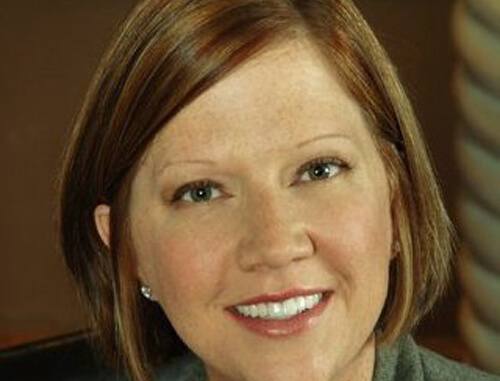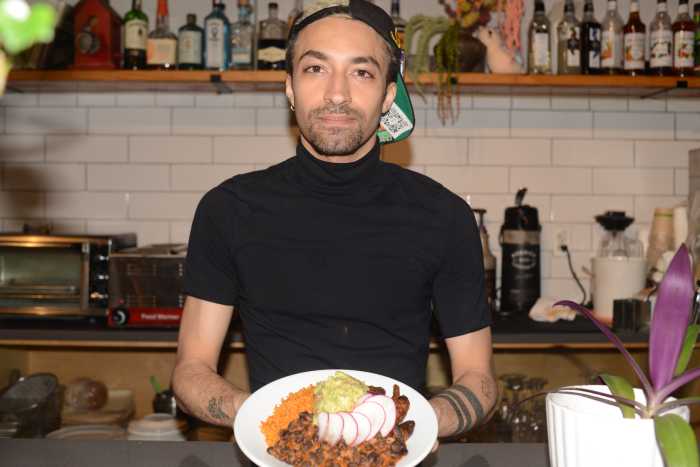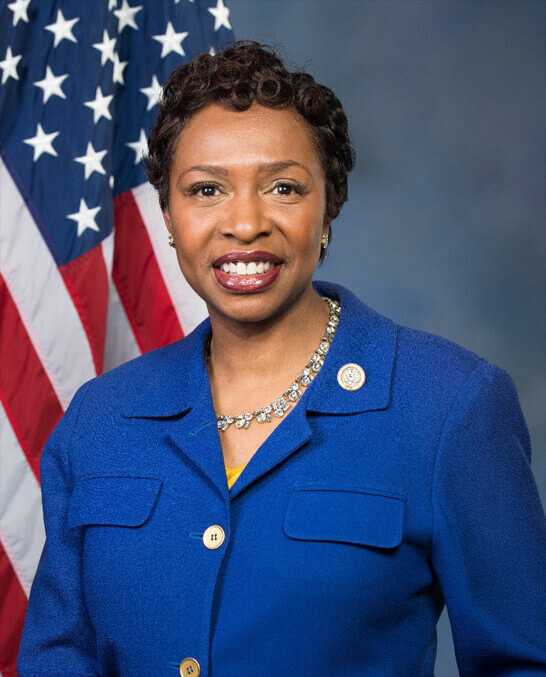Sarah Schmidt, the spokesperson and chair of LPAC.
I first heard about LPAC when it was launched last week. And my cynical heart beat just a little faster. Yippee, the first ever lesbian political action committee, supported by big names like actor Jane Lynch and Chicago Cubs co-owner Laura Ricketts. Finally! Money for lesbian and pro-lesbian candidates. But then I went to the group’s website, teamlpac.com, and got my dyke heart semi-broken.
On the FAQ page, I learned that the bipartisan LPAC was actually created because “Women’s equality and well-being is under attack in a way this country has not seen in decades; As a result, a dramatic window of opportunity exists to counter this onslaught by electing strong pro-women candidates running for office; We believe that a strong lesbian PAC will influence the political and social landscape generating results.”
Their expanded answer, on the “why” page, was also largely about women — straight women. The word lesbian was only used once, twice if you count the L of LGBT. More than half was taken up by the attack on women’s rights, and women’s reproductive rights, especially access to abortion, and funding for Planned Parenthood. The mention of marriage equality and the House vote on the Violence Against Women Act that excluded lesbians, along with Native Americans and undocumented immigrants, seemed almost like an afterthought.
So when I spoke to spokesperson and chair Sarah Schmidt, I bluntly asked what the difference was between LPAC and any vaguely gay-friendly feminist thing created to elect progressive or female candidates.
“Lesbian’s right there in the title,” was the obvious answer. “It’s the only lesbian PAC. And we’re the only ones trying to engage lesbians in the political process.”
I told her that wasn’t exactly what I was getting at.
“I noticed that on the website the word woman is used a lot,” I said. “Lesbian, not so much. It’s mostly about women’s rights and women’s reproductive rights. Is it a tactic, to make people more comfortable with a lesbian project?”
She was equally frank in her response.
“No, it’s not a tactic,” she responded. “We’re not trying to hide anything.”
She explained that part of what LPAC wants to do is make a difference in the horror show of the new war against women. The committee spent a year brainstorming before they launched the project, prodded into existence by lesbian activist Urvashi Vaid.
“As lesbians, there are a lot of things we care deeply about,” Schmidt said. “We wanted broader connections to the American political process than just marriage equality and hate crimes. I’m a woman first. Who happens to be a lesbian. I think that gives me a unique perspective. We’ve had conversations with many, many lesbians telling us that LGBT rights are important, but so is abortion. ‘Hey, I want to have the same salary as a man,’ they told us. Lesbians also have links to other social justice issues.”
To be honest, the war on women appalls me, too, how so many states are attacking not just abortion rights but contraception, how women were excluded from federal hearings on reproductive rights. And how even the word vagina is practically banned.
I know that LPAC has to serve their market, but I’m also worried lesbian issues will get lost in that word, woman. And I’m not just talking about marriage equality and dyke-bashings.
In many cases, lesbians don’t even experience traditional “women’s” issues in the same way as straight women. Domestic violence, for instance, means much more than only worrying about attacks from our partners. Lesbians are often at risk inside their homes growing up from the moment their orientation becomes apparent. We face corrective rape, beatings from our own family members and friends. We are sometimes locked in our rooms. Or tossed out on the streets. We run away. Drop out of school. Our relationships bear the additional burden of homophobia. All that in addition to misogyny.
Lesbians also don’t face exactly the same challenges when it comes to equal pay for men and women in the same job. First you have to get hired. And plenty of dykes have trouble getting even the crappiest jobs. Because even if we manage to stay in school and get ourselves educated or trained, being hired often requires us to put on that still obligatory skirt, those pantyhose, some little tasteful earrings, and a benign smile. And many of us can’t — or won’t — pull it off.
And in general, while arguments about a woman’s right to control her own body sometimes include discussions of homosex and our right to have it, and while abortion foes tend to be queer-hating bigots and racists and xenophobes, issues of “reproductive rights” still affect straight women way more often and more directly than dykes. By definition, our eggs just don’t have that much willing contact with sperm unless we actually want to have kids. The only time I ever went to Planned Parenthood was when I thought my first girlfriend gave me herpes.
No, lesbians are not women like other women. And while “women’s” issues are important and related to lesbian issues, they are not the same. And we must not let our common equipment obscure our very real differences.
At this point, seeing that bold-faced L in front of the PAC is the most radical part of the project. For the first time, contributors who have long supported Planned Parenthood and campaigns for income equality and other women’s issues can finally donate under their own name. Lesbian.
And politicians will be forced to acknowledge just who it is that they owe. It would also be great if lesbians really were mobilized and politically engaged. Especially on our own behalf. Not once again as foot soldiers in a related, but separate, fight.































